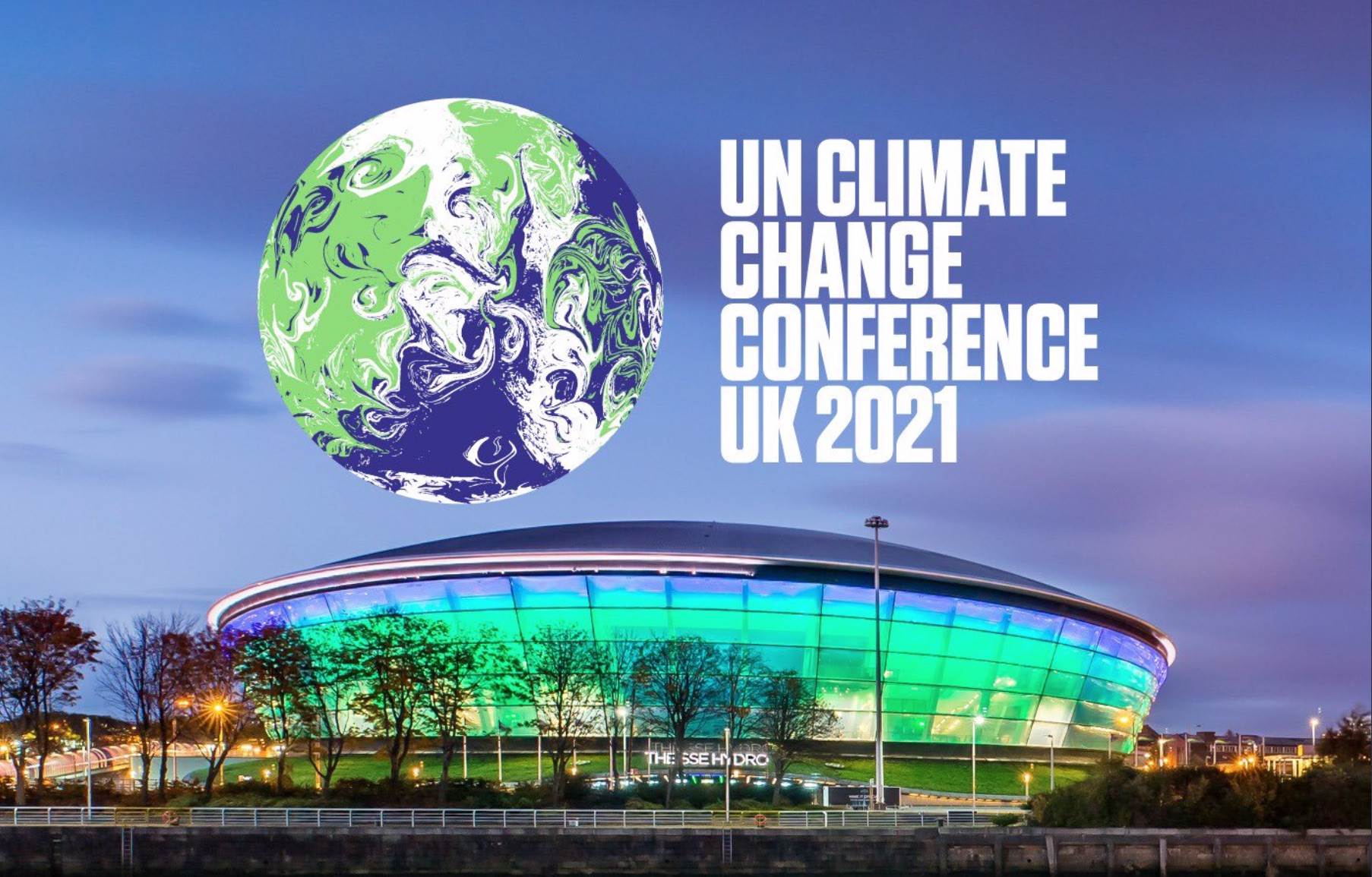Leather industry makes COP26 Manifesto public

More than 30 leather sector organisations from all parts of the world have signed the industry’s COP26 Manifesto. The signatories published the document on October 28 in the build-up to the United Nations Climate Change Conference (COP26), which runs in Glasgow from October 31 to November 12.
The manifesto is an initiative begun by the International Council of Tanners, the Leather and Hide Council of America and campaign group Leather Naturally. These three organisations then worked to secure the support of leather organisations and leather value chain stakeholders around the world.
Releasing the manifesto in the days leading up to the conference, they asked all signatories to communicate its message to their countries’ COP26 delegations, including representatives of national governments, political parties, media organisations and others with influence or an interest in “the debate about a circular and responsible society”.
In the text, the manifesto calls on COP26 to prioritise natural materials as a means of directly mitigating climate impact and to recognise the cyclical, climate-efficient characteristics of natural fibres, including leather.
“Natural fibres are part of the biogenic carbon cycle,” the manifesto says, “and as such are comprised of carbon that has been in the atmosphere for millennia. These raw materials, when ethically produced, are an important replacement for fossil-based synthetics, reducing the need for fossil extraction and retaining more carbon in the earth.”
It goes on to say that, at the end of life, properly produced natural materials will biodegrade, mitigating the harmful consequences often associated with synthetic materials, including microplastic pollution.
Natural materials such as leather, it suggests, are “often dismissed” owing to a lack of understanding of manufacturing and supply chain processes. Sometimes, opposition to these materials comes from “questionable science” in the form of “incomplete, incomparable or outdated” lifecycle assessment (LCA) exercises.
It said that companies that make and market alternative materials, often fossil fuel-based synthetics, “use this confusion to make unsubstantiated claims about their sustainability”.
Please see separate article giving the full text of the leather industry’s COP26 Manifesto and the names of all signatories.










